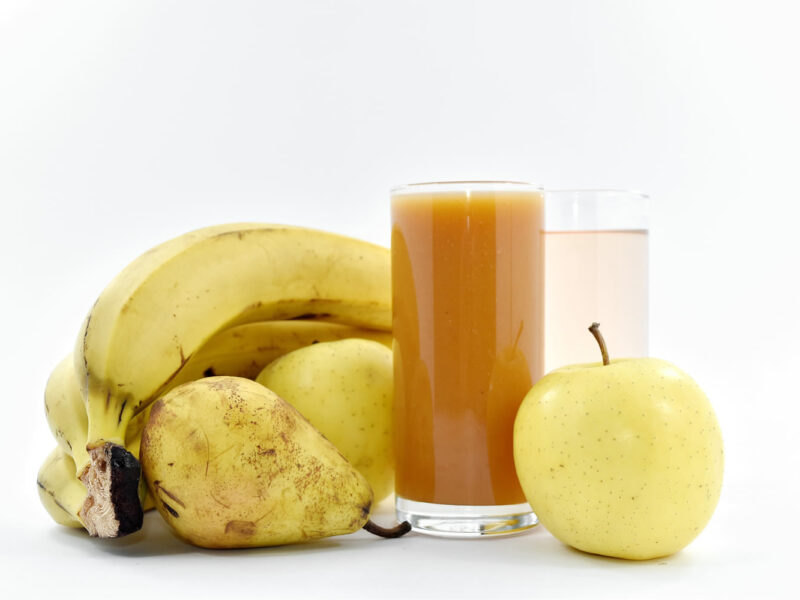The Friedman School of Nutrition Science and Policy at Tufts developed a new tool that will help consumers, food businesses, restaurants, and cafeterias to choose healthier foods and for officials to formulate sound nutrition policies. Food Compass, a new nutrient profiler system that has been developed over three years, incorporates cutting-edge science to determine how different foods impact health. The system’s most important features, reported in Nature Food , include:
- Equally consider healthful vs. unhealthy factors in food (many systems currently focus on harmful factors).
- Integrating cutting-edge science in nutrients, food ingredients and processing characteristics, phytochemicals and additives (existing systems are largely focused on a small number of nutrients).
- Objectively scoring all foods, drinks, and mixed dishes using one consistent score. Existing systems subjectively group or score food differently.
Dariush Mozaffarian, the study’s lead and corresponding author, dean of the Friedman School “Once you get beyond ‘eat your veggies, avoid soda,’ the public is pretty confused about how to identify healthier choices in the grocery store, cafeteria, and restaurants. Consumers, policy makers, and even industry are looking for simple tools to guide everyone toward healthier choices.”
The Food Compass system was created and tested with a detailed database of 8,032 American foods and drinks. It ranks 54 characteristics in nine domains that represent different aspects of food, drink, and mixed meals. This makes it one of the most complete nutrient profiling systems available. These characteristics and domains were chosen based on the nutritional attributes that are associated with major chronic diseases like obesity, diabetes and cardiovascular problems.
Food Compass was created so that future evidence could be used to score additional attributes and scores. This includes areas such as brain health, gastrointestinal health, bone health, physical and mental performance, sustainability, and other areas.
Food Compass has many potential uses.
- Encourage the food industry to create healthier foods and change the ingredients of popular snacks and processed foods;
- Offering food buying incentives to employees through worksite wellbeing, health care and nutrition assistance programs;
- Supplying science for local and nation policies, such as taxation, package labeling, warning labels and restrictions on marketing to kids;
- Restaurants, schools, businesses, and hospital cafeterias can offer healthier options;
- Informing agricultural trade policies;
- Guidance for institutional and individual investors regarding environmental, social and corporate governance (ESG), investment decisions.
Every food, drink, and mixed dish is assigned a Food Compass score that ranges from 1 (least healthy) to 100 (most healthy). Researchers identified 70 points or more as acceptable scores for food and beverages that should be encouraged. Moderation is required for foods and beverages scoring 31-69. Anything below 30 should be avoided.
The average Food Compass score across all major food categories was 43.2.
- Snacks and sweet desserts were the lowest-scoring category (average score 16.4).
- Vegetables ranked highest with an average score of 69.1, fruits at 73.9 and almost all fruits at 100.
- The average score for beverages ranged from 27.6 in sugar-sweetened sodas, energy drinks and energy drinks to 67 in 100% fruit or vegetable juices.
- On average, starchy vegetables scored 43.2
- The average score for beef was 24.9, for poultry 42.67, and for seafood 67.0.
Food Compass is the first major system for nutrient profiling to use consistent scoring across different food groups. This is particularly important for mixed foods. In the case of pizza, for example, other systems use separate scoring algorithms that only score the final product. A consistent scoring system for different items can be useful in assessing and comparing food and beverage combinations that could be sold or consumed together. This includes a shopping basket, a person’s daily diet, or a portfolio of foods sold at a company.
Food Compass’s publicly available scoring algorithm can help promote healthy food choices-helping guide consumers behavior, nutrition policy and food industry practices and socially based investments decisions,” stated Renata Micha (last author), who was a Friedman School faculty member and is now at Thessaly.
Naglaa H.El-Abbadi and Meghan O’Hearn are additional authors. Josh Marino and William A. Masters, Paul Jacques and Peilin Shi. Jeffrey B. Blumberg, Friedman School.

